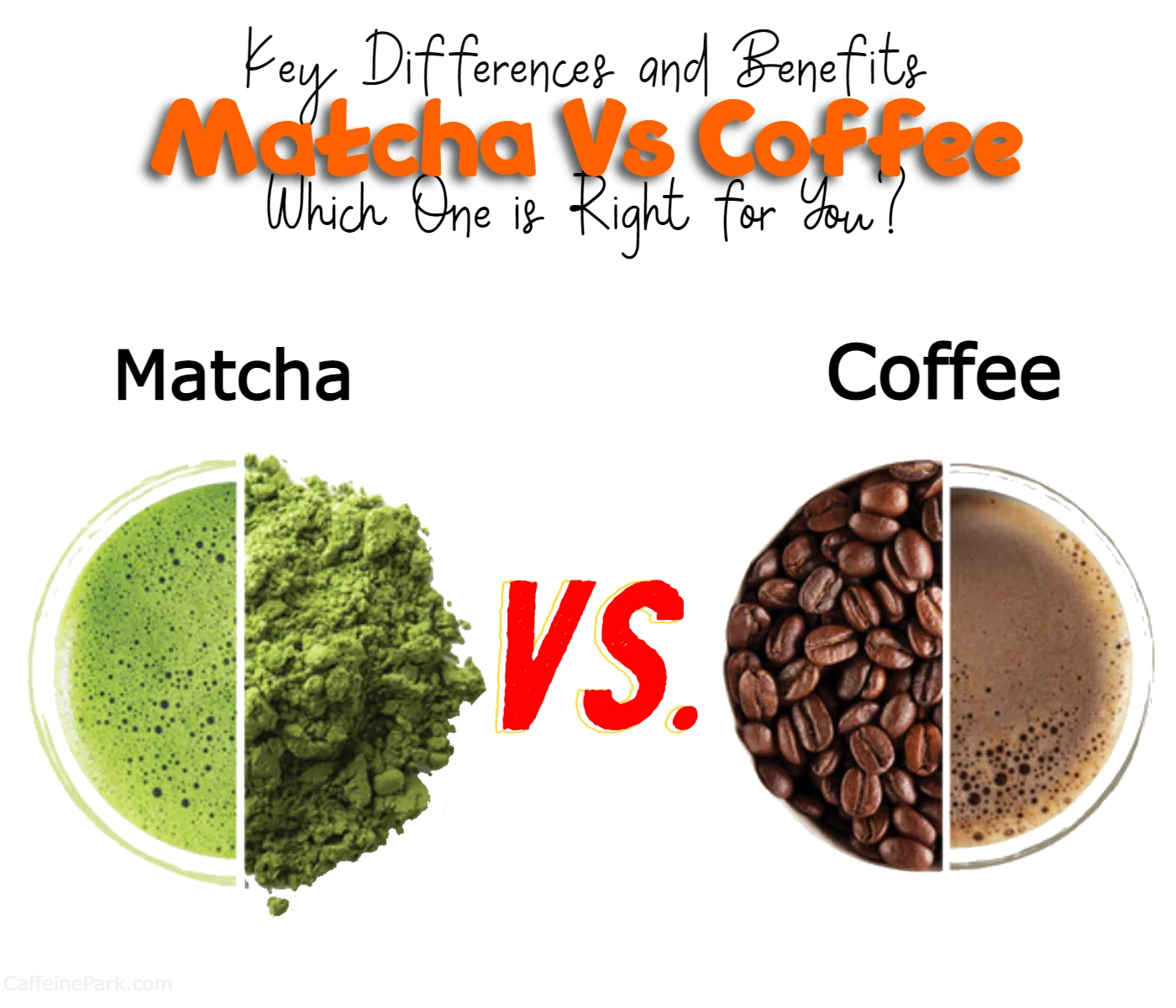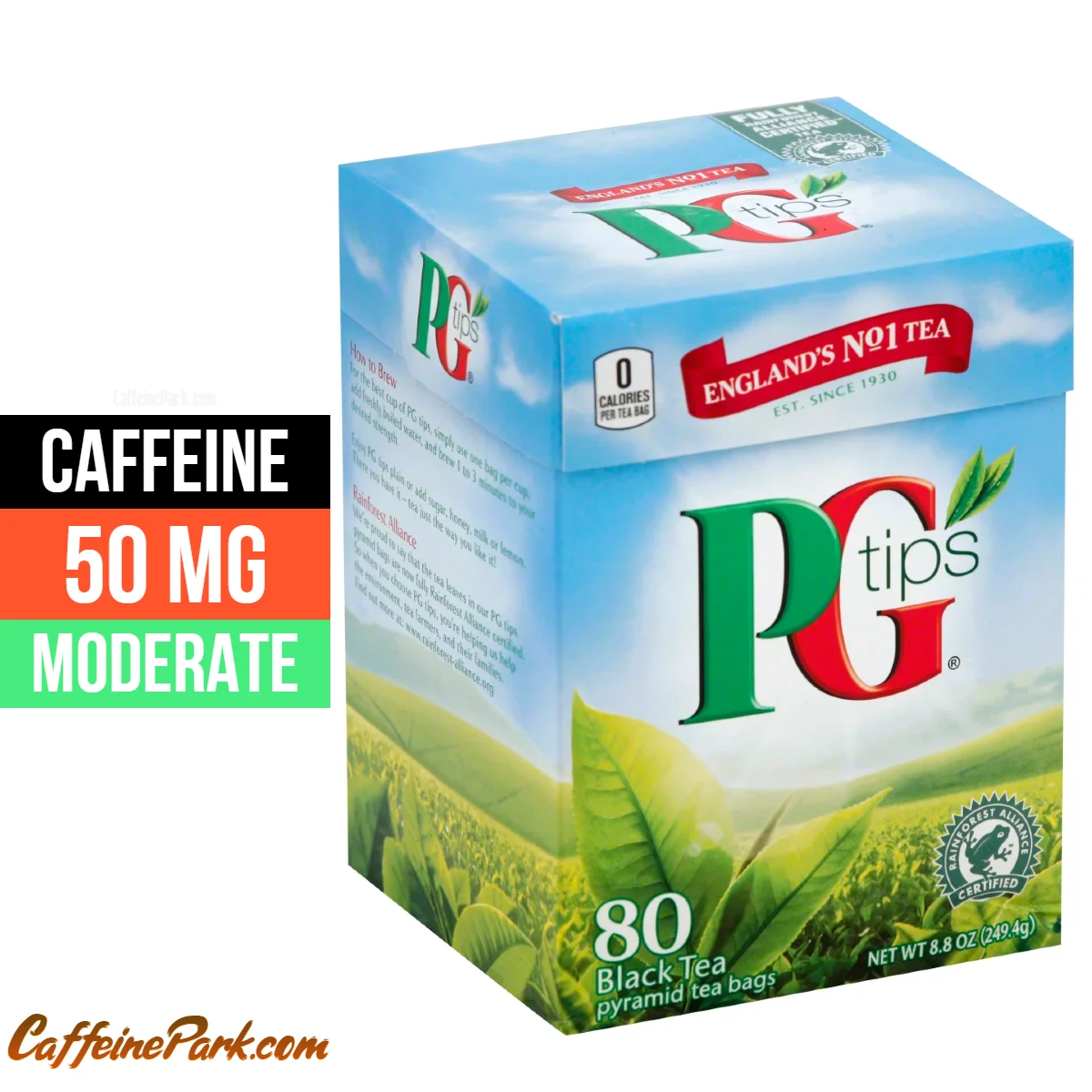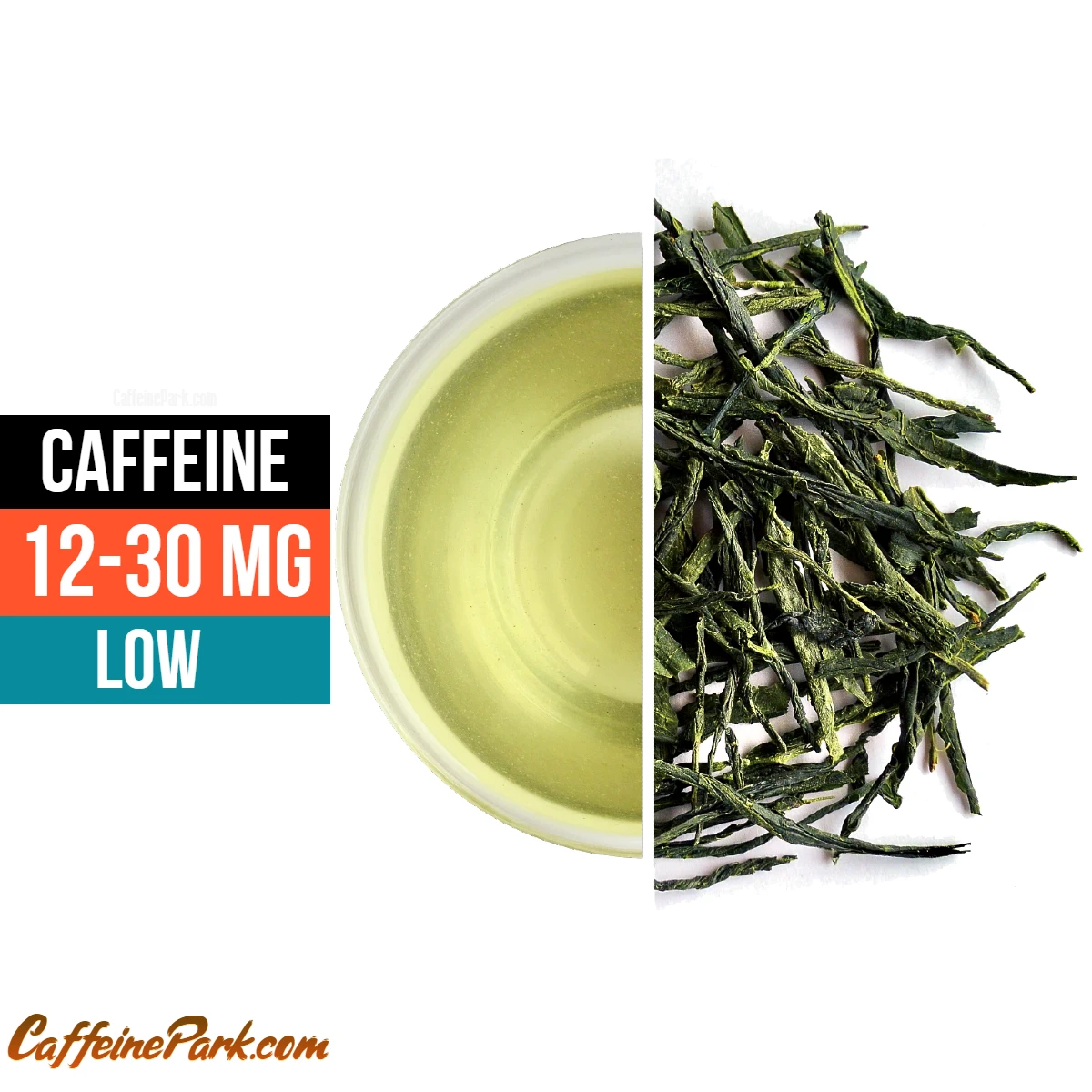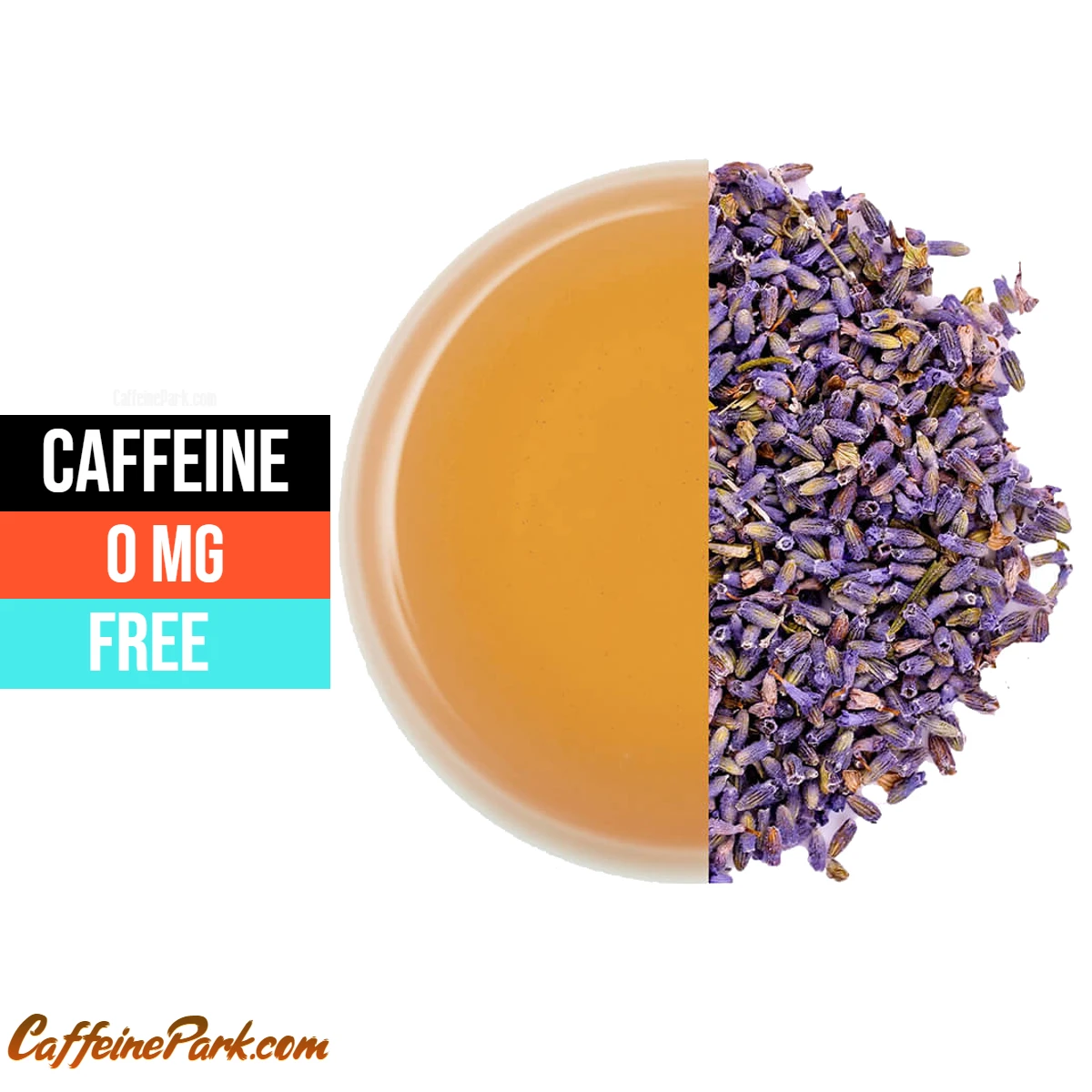Types of Herbal Tea
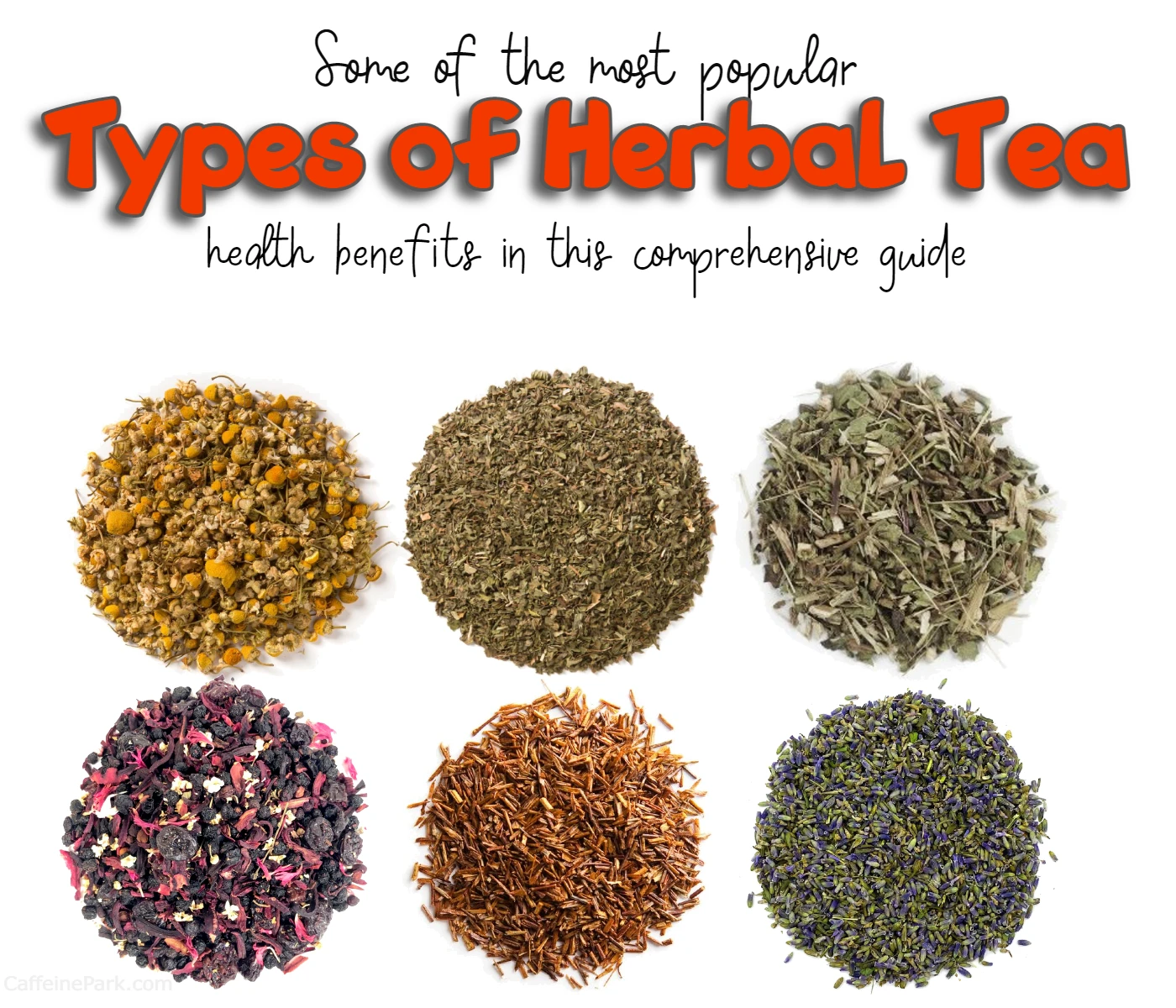
Welcome to the wonderful world of herbal tea! If you’re looking for a delicious and healthy beverage, then herbal tea is the perfect choice for you. Herbal tea is made from a variety of herbs, spices, flowers, and other plant materials, and offers a wide range of flavors and potential health benefits.
In this blog, we’ll take a deep dive into the different types of herbal tea, including chamomile, ginger, hibiscus, lemon ginger, lavender, sage, rosehip, and nettle tea. Each type has its own unique taste and potential health benefits, ranging from soothing and calming properties to anti-inflammatory and antioxidant effects. Whether you’re looking to relax after a long day, reduce pain and inflammation, or simply enjoy a delicious cup of tea, there’s a type of herbal tea out there for you.
So, join me as we explore the different types of herbal tea and discover the amazing benefits that each one can offer. From preparation tips to potential side effects, we’ll cover everything you need to know to get the most out of your herbal tea experience. So sit back, relax, and read on to learn more about the wonderful world of herbal tea.
Top 10+2 Best Types of Herbal Tea
We’ll explore some of the most popular types of herbal tea and what makes them special. Let’s get started!
#1. Chamomile Tea
Chamomile tea is perhaps the most well-known type of herbal tea, and for good reason. This tea is made from the dried flowers of the chamomile plant, which is part of the daisy family. Chamomile tea is known for its calming and soothing properties, making it a great option for bedtime or when you need to relax. It’s also believed to help with digestion, reduce inflammation, and boost the immune system.
#2. Peppermint Tea
Peppermint tea is another popular choice when it comes to herbal tea. It’s made from the leaves of the peppermint plant and has a refreshing, minty flavor. Peppermint tea is often used to help with digestion, as it can relieve symptoms like bloating, gas, and nausea. It’s also believed to have anti-inflammatory and antibacterial properties, which can help with overall health and wellness.
#3. Ginger Tea
Ginger tea is a spicy and warming tea made from the root of the ginger plant. It’s often used to help with nausea, motion sickness, and digestive issues. Ginger tea is also believed to have anti-inflammatory properties, which can be helpful in reducing pain and swelling. If you’re feeling under the weather, a cup of ginger tea might be just what you need to feel better.
#4. Lemon Balm Tea
Lemon balm tea is a bright and citrusy tea made from the leaves of the lemon balm plant. This tea is often used to help with anxiety and stress, as it has calming properties. It’s also believed to have antiviral properties, which can help boost the immune system and fight off colds and other illnesses.
#5. Echinacea Tea
Echinacea tea is made from the leaves, flowers, and roots of the echinacea plant, which is native to North America. This tea is often used to boost the immune system and help fight off colds and other illnesses. It’s believed to have antiviral and antibacterial properties, making it a great choice for staying healthy during cold and flu season.
#6. Hibiscus Tea
Hibiscus tea is a tart and tangy tea made from the flowers of the hibiscus plant. This tea is often enjoyed for its refreshing flavor, but it’s also believed to have a number of health benefits. Hibiscus tea is high in antioxidants, which can help protect the body from damage caused by free radicals. It’s also believed to have anti-inflammatory properties, which can be helpful in reducing pain and swelling.
#7. Rooibos Tea
Rooibos tea, also known as red tea, is a tea made from the leaves of the rooibos plant, which is native to South Africa. This tea has a mild and slightly sweet flavor and is often enjoyed as a caffeine-free alternative to black tea. Rooibos tea is believed to have antioxidant properties, which can help protect the body from damage caused by free radicals. It’s also believed to have anti-inflammatory properties, which can be helpful in reducing pain and swelling.
#8. Lemon Ginger Tea
Lemon ginger tea is a delicious and warming tea made from a combination of lemon and ginger. This tea combines the bright and citrusy flavor of lemon with the spicy and warming flavor of ginger. It’s often enjoyed for its refreshing taste and soothing properties. Lemon ginger tea is believed to have anti-inflammatory and antioxidant properties, which can be helpful for reducing pain and protecting the body from damage caused by free radicals.
#9. Lavender Tea
Lavender tea is a floral and calming tea made from the flowers of the lavender plant. This tea is often used to help with anxiety and stress, as it has calming properties. It’s also believed to have antioxidant properties, which can help protect the body from damage caused by free radicals. Lavender tea is a great choice for when you need to relax and unwind.
#10. Sage Tea
Sage tea is a tea made from the leaves of the sage plant, which is part of the mint family. This tea has a slightly bitter and earthy flavor and is often used to help with digestion and respiratory issues. Sage tea is believed to have anti-inflammatory and antimicrobial properties, which can help with overall health and wellness.
#11. Rosehip Tea
Rosehip tea is a tea made from the fruit of the rose plant. This tea has a tangy and slightly sweet flavor and is often enjoyed for its high vitamin C content. Rosehip tea is believed to have antioxidant properties, which can help protect the body from damage caused by free radicals. It’s also believed to have anti-inflammatory properties, which can be helpful in reducing pain and swelling.
#12. Nettle Tea
Nettle tea is a tea made from the leaves of the stinging nettle plant. Despite its prickly reputation, nettle tea is often enjoyed for its earthy and slightly sweet flavor. It’s also believed to have a number of health benefits, including anti-inflammatory properties and the ability to help with allergies and respiratory issues.
Conclusion
Herbal tea offers a wide range of flavors and health benefits, making it a great choice for anyone looking for a healthy and delicious beverage. From calming chamomile to spicy ginger to tangy hibiscus, there’s a type of herbal tea out there for everyone. So why not try something new today and discover the benefits of herbal tea for yourself?
FAQs
Herbal tea can offer a range of health benefits, depending on the herbs and ingredients used. For example, chamomile tea is often used for its calming properties, while ginger tea is believed to have anti-inflammatory benefits. Many herbal teas also contain antioxidants, which can help protect the body from damage caused by free radicals.
To prepare herbal tea, simply add the desired amount of herbs or tea bags to hot water and let steep for several minutes. The specific steeping time and temperature will vary depending on the type of herbal tea you are making. Be sure to follow the instructions on the package or consult a recipe for the best results.
In general, herbal tea is safe to drink for most people. However, some herbs can interact with medications or cause adverse reactions in certain individuals. It’s always a good idea to consult with a healthcare professional before adding herbal tea to your diet, especially if you have any underlying health conditions or are taking medications.
Yes, herbal tea can be enjoyed hot or cold, depending on your preference. Many herbal teas are delicious when served hot, while others, such as hibiscus tea, are particularly refreshing when served over ice. Experiment with different temperatures and preparations to find the perfect cup of herbal tea for you.
Read More:
